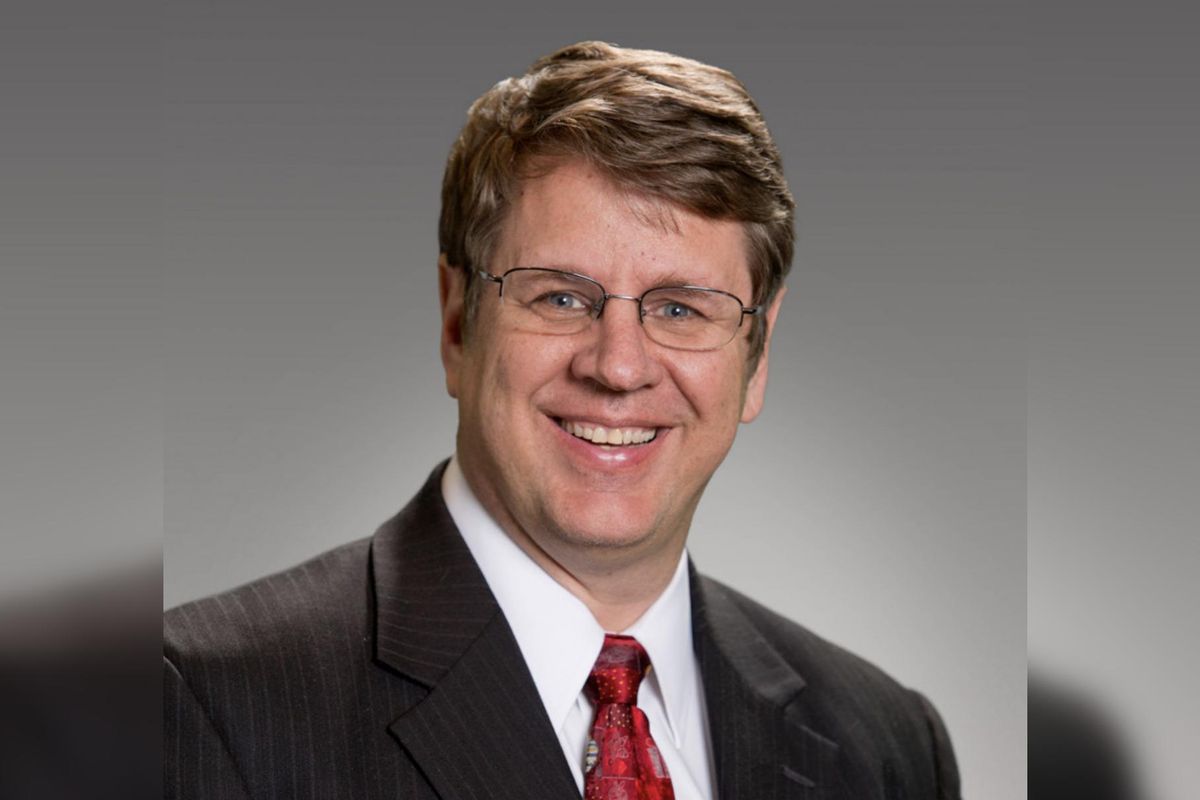It's no secret that Texans are hardworking people. To align with the Labor Day holiday, a new WalletHub study asserts that the Lone Star State is one of the five most hardworking states in America for 2025.
The report ranked Texas the fourth most hardworking state this year, indicating that its residents are working harder than ever after the state fell into seventh place in 2024. Texas previously ranked No. 4 in 2019 and 2020, slipped into No. 5 in 2021 and 2022, then continued falling into sixth place in 2023. But now the state is making its way back to the top of the list.
WalletHub's analysts compared all 50 states based on "direct" and "indirect" work factors. The six "direct" work factors included each state's average workweek hours, employment rates, the share of households where no adults work, the share of workers leaving vacation time unused, and other data. The four "indirect" work factors consisted of workers' average commute times, the share of workers with multiple jobs, the annual volunteer hours per resident, and the average leisure time spent per day.
North Dakota landed on top as the most hardworking state in America for 2025 for another year in a row, earning a score of 66.17 points out of a possible 100. For comparison, Texas ranked No. 4 with 57.06 points. Alaska (No. 2), South Dakota (No. 3), and Hawaii (No. 5) round out the top five hardest working states.
Across the study's two main categories, Texas ranked No. 5 in the "direct" work factors ranking, and earned a respectable No. 18 rank for its "indirect" work factors.
Broken down further, Texans have the second-longest average workweek hours in America, and they have the 12th best average commute times. Texans have the 6th lowest amount of average leisure time spent per day, the report also found.
According to the study's findings, many Americans nationwide won't take the chance to not work as hard when presented with the opportunity. A 2024 Sorbet PTO report found 33 percent of Americans' paid time off was left unused in 2023.
"While leaving vacation time on the table may seem strange to some people, there are plenty of reasons why workers choose to do so," the report's author wrote. "Some fear that if they take time off they will look less dedicated to the job than other employees, risking a layoff. Others worry about falling behind on their work or are concerned that the normal workflow will not be able to function without them."
The top 10 hardest working states are:
- No. 1 – North Dakota
- No. 2 – Alaska
- No. 3 – South Dakota
- No. 4 – Texas
- No. 5 – Hawaii
- No. 6 – Virginia
- No. 7 – New Hampshire
- No. 8 – Wyoming
- No. 9 – Maryland
- No. 10 – Nebraska
This story originally appeared on CultureMap.com.



